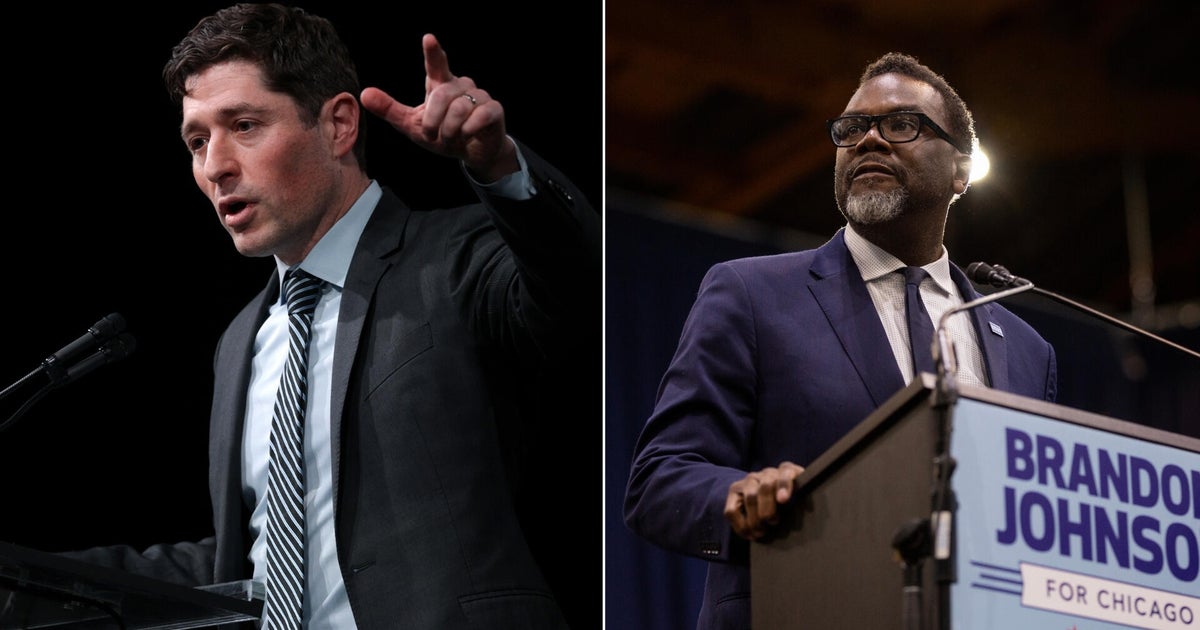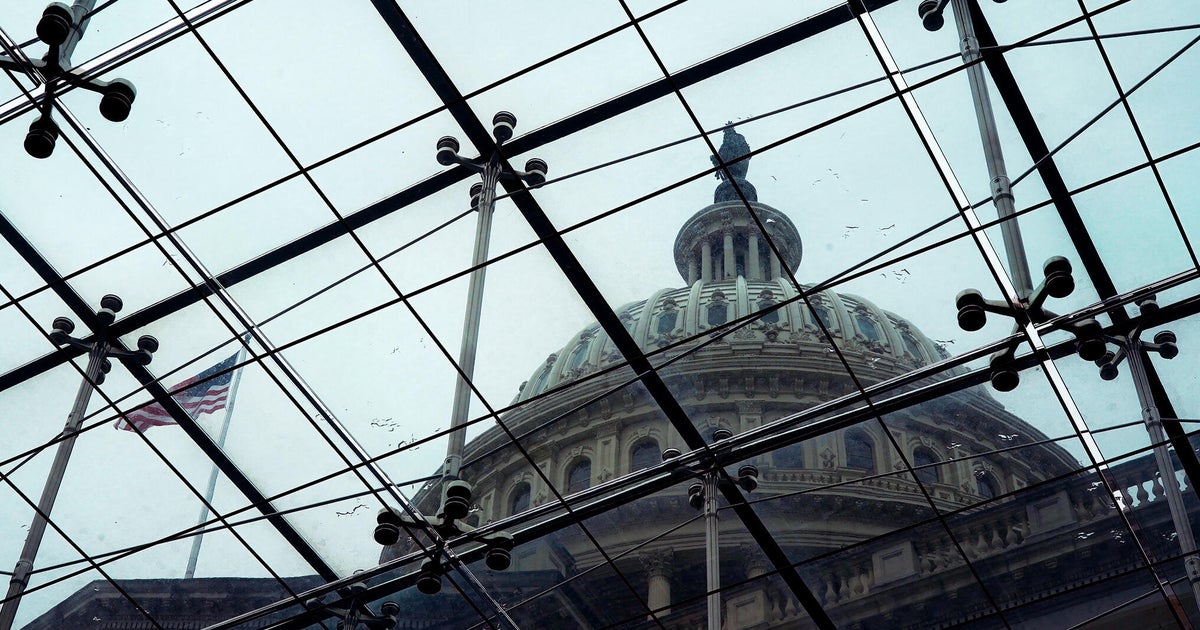Government shutdown 2018: All sides anticipating impasse will continue into January
Washington remains deeply divided and nowhere near a resolution of the shutdown that began early Saturday, with all sides now anticipating the impasse will continue into the first weeks of January. The first day of a partial government shutdown sparked by disagreements over funding for border security ended with fruitless overtures by the White House to Democratic leaders and stark evidence that Republicans can't agree on how President Trump should proceed.
Sen. David Perdue (R-Ga.), one of a handful of the president's congressional confidants, told CBS News that he believes the president is open to cutting a deal.
"Would he be okay with $1.6 billion or $2 billion or $3 billion," I asked.
"Yeah! The president basically this week said, 'Look, I am very negotiable. I want to enter a negotiation.'"
Moments later, Rep. Matt Gaetz (R-Fla.), a vocal Freedom Caucus member who attended a lunch hosted by Mr. Trump at the White House on Saturday, contradicted the senator.
"Based on my conversation with the president today at the White House, I'm of the view that we could be in for an extended shutdown in the absence of border security funding because this is the fight that the president wants to have," Gaetz said.
"I think that the president has the wherewithal and the staying power to hold firm to his demands for $5 billion for border security and if he doesn't get it, I think the president is willing to have this fight as long as it takes," Gaetz added.
Another lawmaker who attended the lunch responded by text afterward that the lunch was "really nice" and a "good visit."
"I'm not sure what's appropriate for me to share," the lawmaker texted.
But 90 minutes later, the lawmaker texted again that the president "is not going to give in for less than $2.1 billion for fencing."
"I'm not sure how this ends," added the lawmaker, who requested anonymity to speak about a private meeting.
In addition to Gaetz, Saturday's White House lunch was attended by Vice President Pence, Acting White House chief of staff Mick Mulvaney, son-in-law and top aide Jared Kushner, Sens. Mike Lee (R-Utah) and Lindsey O. Graham (R-S.C.) and Reps. Jim Jordan (R-Ohio) and Mark Meadows (R-N.C.), leaders of the House Freedom Caucus.
During the meeting, talk also turned to Mr. Trump's decision to withdraw U.S. forces from Syria, according to the texting lawmaker.
Graham and the president "argued about Syria and Afghanistan" adding that the exchange was "quite lively but good-natured."
Democrats, meanwhile, did not budge on Saturday.
After the lunch, Pence visited the U.S. Capitol to meet with Senate Minority Leader Chuck Schumer (D-N.Y.). He left the Senate leader's office empty-handed about 30 minutes later, telling reporters that the two sides were "still talking."
A Schumer aide said that the vice president "made an offer. Unfortunately, we're still very far apart."
Earlier in the day, the same Schumer aide marveled that the president was dining with close allies instead of trying to broker a serious deal with congressional leaders.
"It's like a pep rally for a Benghazi hearing," said the aide, who requested anonymity to speak frankly about the nature of the protracted talks.
As the shutdown progresses, the political dynamic will gradually shift, with power and influence shifting from Republicans to Democrats, who are set to retake control of the House on Jan. 3.
In a message to her caucus on Saturday evening, Minority Leader Nancy Pelosi (D-Calif.), the presumed next House speaker, warned "it is unlikely that there will be any progress to end the Trump shutdown in the next several days."
"Until President Trump can publicly commit to a bipartisan resolution, there will be no agreement before January when the new House Democratic Majority will swiftly pass legislation to re-open government," she wrote. "Please be assured you will be made aware of any developments to re-open government in the days ahead."
John Nolen, Bo Erickson and Alan He contributed to this report.




